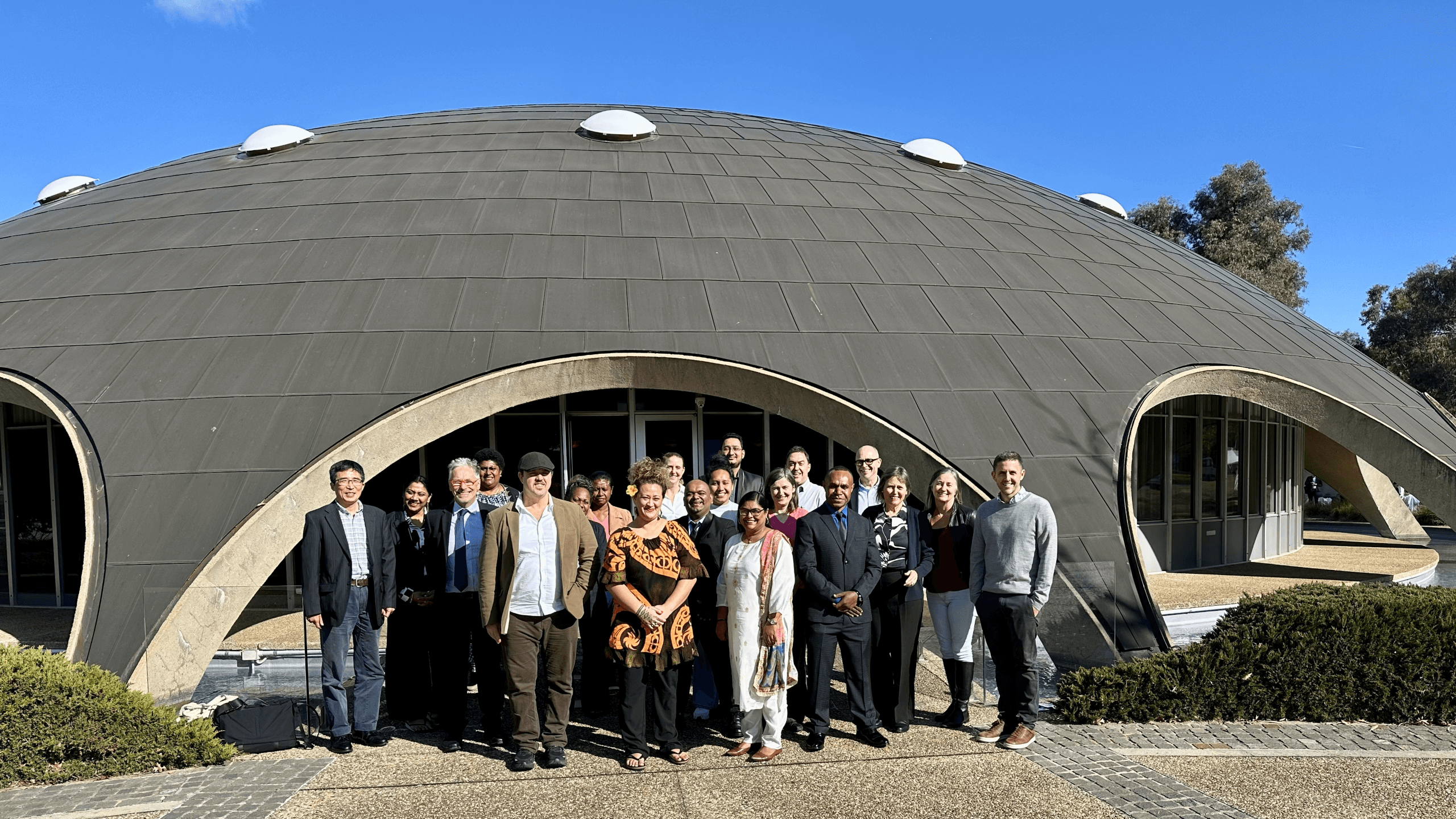
Ten early- and mid-career Pacific Islands scholars have been welcomed by senior scientist mentors from Australia and New Zealand in a new programme that aims to help researchers from low-income countries to navigate the pathways to build a career in academia in their home countries.
Burn out, lack of career and income opportunity and competing family priorities are among the reasons for a high rate of academics exiting their careers early in favour of better pay and more family friendly working conditions, according to the mentor group.
Dr Petra Lundgren, Director of the International Science Council Regional Focal Point for Asia and Pacific, said the programme has been established to help support scholars to build sustainable careers in academia in low-income countries.
“The lack of support to retain emerging researchers in academia, particularly in some parts of Asia and the Pacific, has led to concerns about a ‘brain drain’, with scholars forced to leave academia thereby creating a void of local expertise to inform decision-making from within some of the world’s most vulnerable countries. The focus of this programme is to support these academics to identify career pathways to remain in academia.”
Dr Petra Lundgren, Director of the International Science Council Regional Focal Point for Asia and Pacific
The first round of successful mentees to join the Asia-Pacific Academic Mentoring Program are from Fiji, New Caledonia, Vanuatu, Papua New Guinea and Samoa with a diverse range of research backgrounds including in robotics, indigenous business, marketing, neurosciences, education, environment and social inclusion.
In a workshop to identify the barriers to a successful academic career in the Pacific, key themes emerged linked to a lack of funding for research tools, including software and equipment, as well as the high price of publishing in open access journals and access to paywalled journal articles for research.
“We don’t have access to analysis tools, databases and the academic journals that first-world countries have. Our own work is behind a paywall which no one can access, and we end up citing Europeans and Americans more than anybody else.”
Jasbant (Jasmine) Kaur, Master’s student at the University of the South Pacific.
Mentor Nick Cradock-Henry, Principal Scientist with GNS Science says the funding issue is nothing new. A lot of barriers to science come down to funding but journal access is an even greater concern.
“Access to funding is a perpetual problem no matter where you are in the world, but I think what has struck me is the feedback that if you can’t get your paper published in an open access journal, then you can’t get cited, which affects your career progression.”
Dr Nick Cradock-Henry, Principal scientist, GNS science | Te Pῡ Ao
Other issues raised included a lack of opportunities to collaborate with other scholars in the Pacific due to the low numbers of academics in their field, as well as barriers to collaborating outside their countries due to geographic isolation.
“There’s a fine line between trying to get people to become respected academics in the western sense and trying to push for something that is truly Pacific science and so how do we walk that line? I think that is the critical question. It’s the balance between knowing how to play the game and changing the game because the current system is not geared up toward Pacific success.”
Dr Aaron Jenkins, Horizon Fellow & Senior Research Fellow in Planetary Health, University of Sydney
Over the next 12 months the 10 mentors will work with their respective mentees to open opportunities to support their academic leadership aspirations and to build a network of research collaborators in the Pacific.